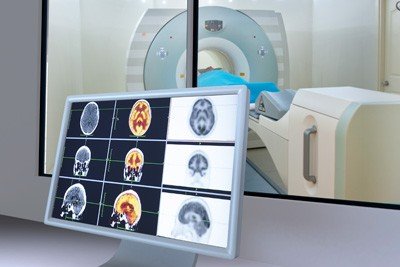Chemical Biology Program
The Gabriela Chiosis Lab
Research

The goal of my program is to investigate stressor maladaptation mechanisms such as they occur in several diseases. Our approach takes advantage of the way nature has evolved to control such stressors, and that is by a unique usage of the chaperome, referred here as the epichaperome. The epichaperome, which we discovered, is structurally, dynamically and functionally distinct from the housekeeping chaperome, and my lab has pioneered an approach to take advantage of such features. By using innovative methods, we develop small molecule chemical toolsets specifically targeted to the epichaperome; these act as “sensors” of the epichaperome, and in turn, of the chronic stressor-associated proteome-wide malfunctions. By the use of these unique toolsets we aim to understand, diagnose and treat cellular processes associated with chronic stressors. We address multiple mechanistic and biochemical questions less amenable to approaches that treat the chaperome as monolithic entity (i.e. the classical biochemical and genetic tools). We investigate in endogenous systems, both at the cellular and the organismal level, the inherent proteome changes and mechanisms that lead to disease, i.e. we can understand. By sensing disease states through the chemical toolsets, we go beyond investigation; we identify, measure and quantify, i.e. we can diagnose. By attacking the epichaperome specifically, we perturb the disease-causing proteome, and in turn revert or slow the disease phenotype, i.e. we can treat.
To summarize, we use a unique chemical biology approach to understand, diagnose and treat cellular processes associated with chronic cellular stress. My research group is interdisciplinary, and functions with the understanding that we are able to discover and synthesize pharmacological agents, determine their mechanisms of action and significance in disease treatment, and ultimately develop rational strategies for their use in clinic. Soon after joining the lab, trainees are exposed to views from colleagues with diverse backgrounds, and start to see problems from a new perspective, developing their understanding of disease and of ways to combat it. They also learn to approach projects in a collaborative and interdisciplinary manner, which we believe, are key to our success in the discovery and translation of novel diagnostics and therapeutics.
To successfully function in such diverse research interests, the lab relies on the services and input of several dedicated facilities available through the Tri-institutional program (MSKCC, Weill Cornell Medicine, Rockefeller U). It has also established a strong interdisciplinary and synergistic network of collaborations to facilitate the translation of our findings from bench to bedside, in both cancer and Alzheimer’s disease. Through my dual appointment in the Department of Medicine and the Program in Chemical Biology, I have direct contact with and play a bridging role between the basic scientists and clinicians involved in these interdisciplinary efforts.
Research Projects
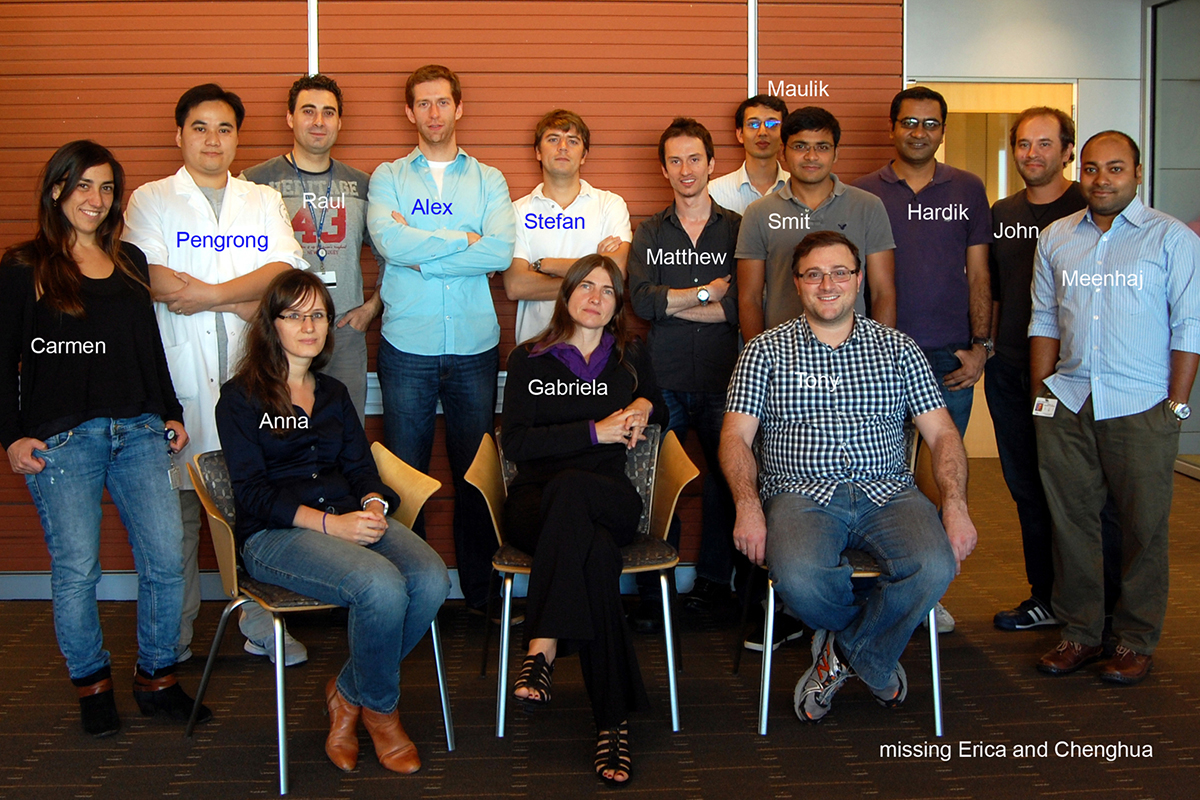
Chiosis Lab - October 2013
Featured News
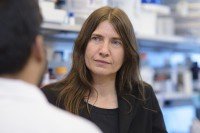
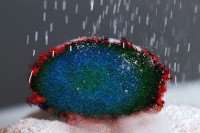
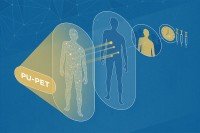
Publications
People

Gabriela Chiosis, PhD
- The Chiosis lab uses a unique chemical biology approach to understand, diagnose, and treat cellular processes associated with chronic molecular stress, with the ultimate goal of developing novel therapeutic options for use in the clinic.
- PhD, Columbia University
- chiosisg@mskcc.org
- Email Address
- 646-888-2235
- Office Phone
Members

Senior Research Scientist
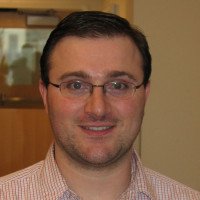
Senior Research Scientist

Bioinformatics Consultant

Senior Research Scientist
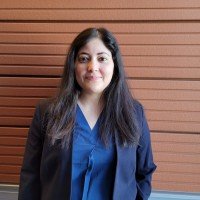
Senior Research Scientist

Research Scholar

Senior Research Scientist

Research Technician
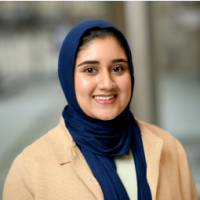
Administrative Assistant

Research Fellow - Medicinal Chemist

Research Scholar
Lab Alumni

Research Fellow
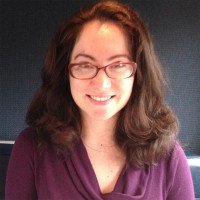
Graduate Student
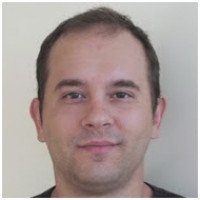
Research Scholar

Research Scholar
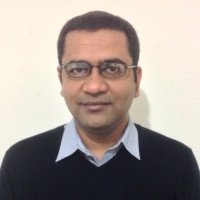
Research Scholar
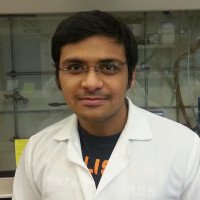
Research Technician
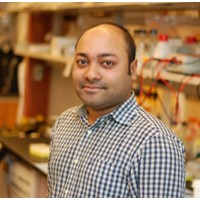
Research Technician
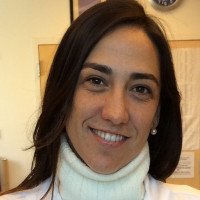
Research Scholar
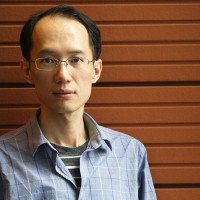
Research Fellow

Research Scholar
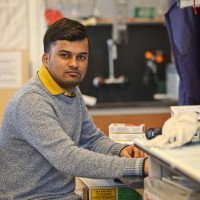
Research Technician
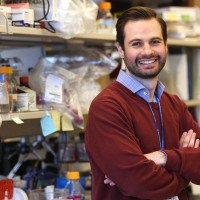
Research Fellow
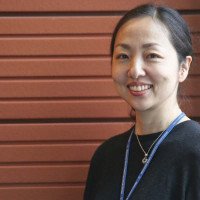

Research Associate
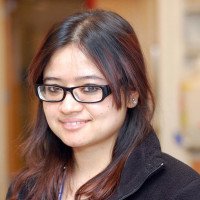
Research Fellow

Research Technician
Lab Affiliations
Achievements
AACR – Cancer Research and Prevention Career Development Award in Translational Lung Cancer Research, in Memory of Duffy Wall
Susan G. Komen Breast Cancer Translational Research Award
Frederick R. Adler Chair for Junior Faculty
Award for Drug Discovery Research for Frontotemporal Dementia
Top 5 percent cited author in Biology and Biochemistry 2010 (analysis by Thomson Reuters)
Translated from bench-to-bedside the Hsp90 inhibitor PU-H71 and the non-invasive companion diagnostic 124I-PU-H71 PET assay
Lab News & Events
A new strategy for Alzheimer’s disease treatment targets cell-wide protein malfunctionOpen Positions
To learn more about available postdoctoral opportunities, please visit our Career Center
Bioinformatics postdoctoral scientist
Postdoctoral researcher - Medicinal Chemistry and/or Chemical Biology
Postdoctoral researcher-translational research/biomedicine
Get in Touch
-
Lab Head Email
-
Office Phone
-
Office Fax
-
Lab Phone
Disclosures
Doctors and faculty members often work with pharmaceutical, device, biotechnology, and life sciences companies, and other organizations outside of MSK, to find safe and effective cancer treatments, to improve patient care, and to educate the health care community.
MSK requires doctors and faculty members to report (“disclose”) the relationships and financial interests they have with external entities. As a commitment to transparency with our community, we make that information available to the public.
Gabriela Chiosis discloses the following relationships and financial interests:
-
Samus Therapeutics LLC
Fiduciary Role/Position; Intellectual Property Rights; Ownership / Equity Interests
The information published here is for a specific annual disclosure period. There may be differences between information on this and other public sites as a result of different reporting periods and/or the various ways relationships and financial interests are categorized by organizations that publish such data.
This page and data include information for a specific MSK annual disclosure period (January 1, 2020 through disclosure submission in spring 2021). This data reflects interests that may or may not still exist. This data is updated annually.
Learn more about MSK’s COI policies here. For questions regarding MSK’s COI-related policies and procedures, email MSK’s Compliance Office at ecoi@mskcc.org.
